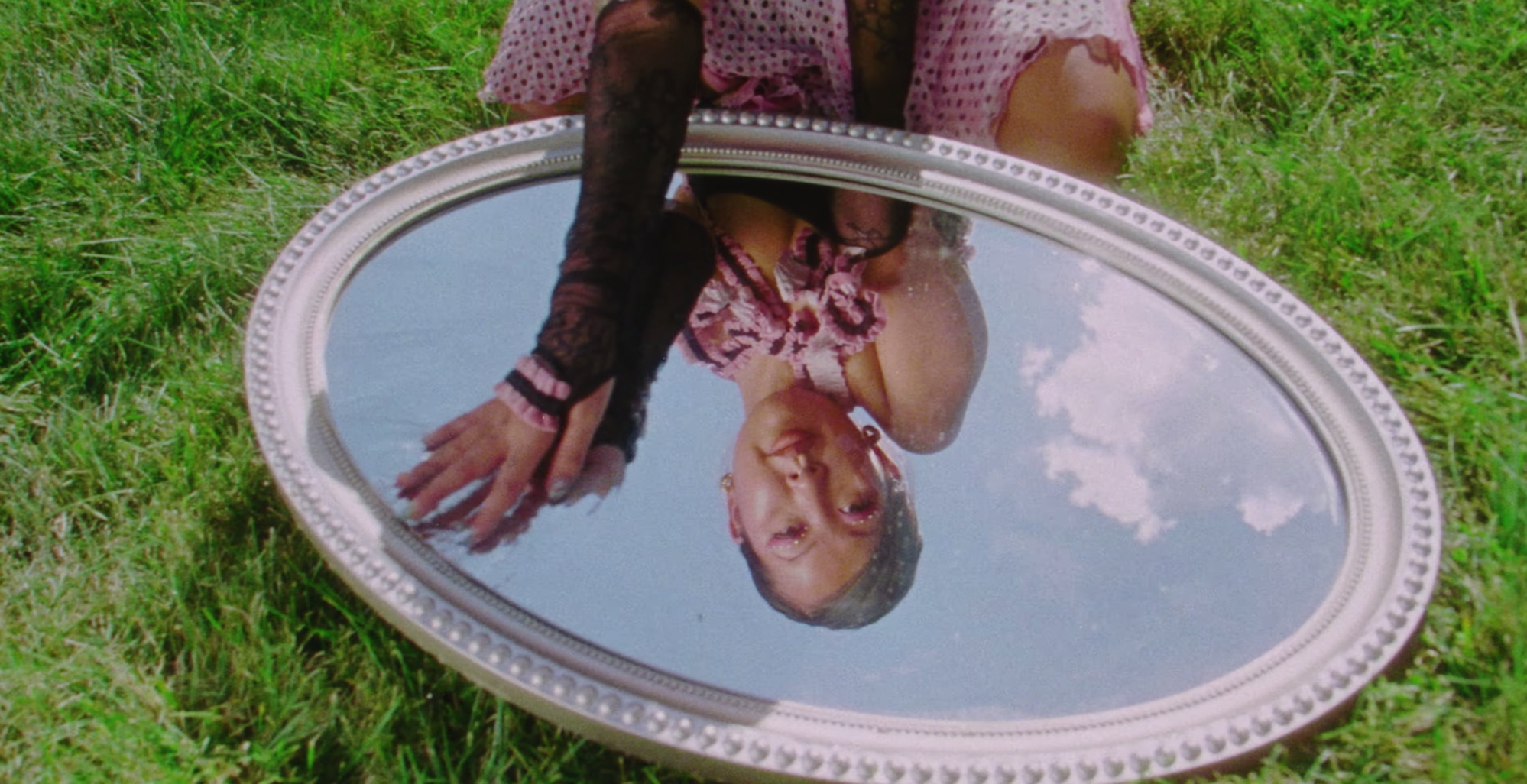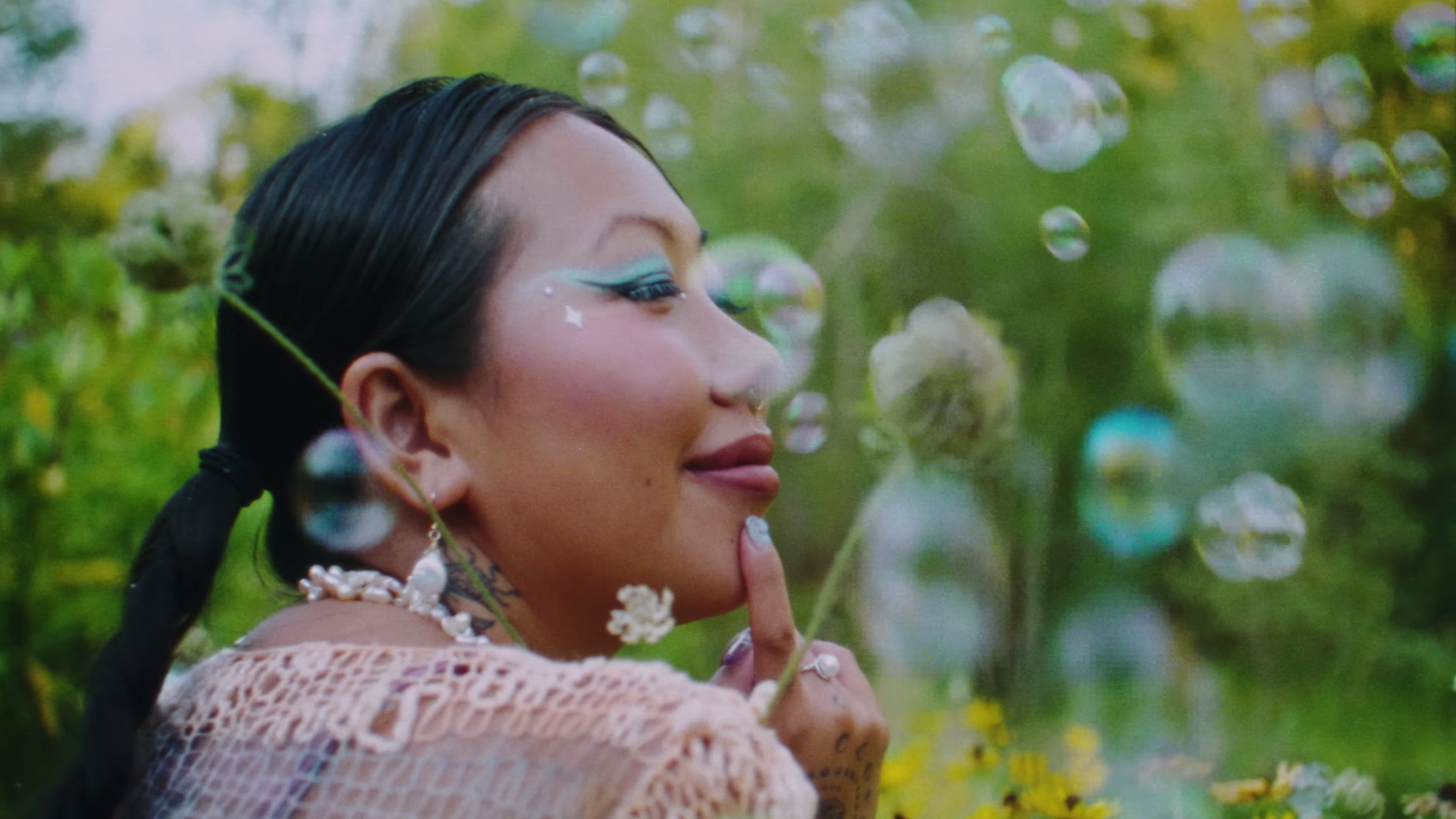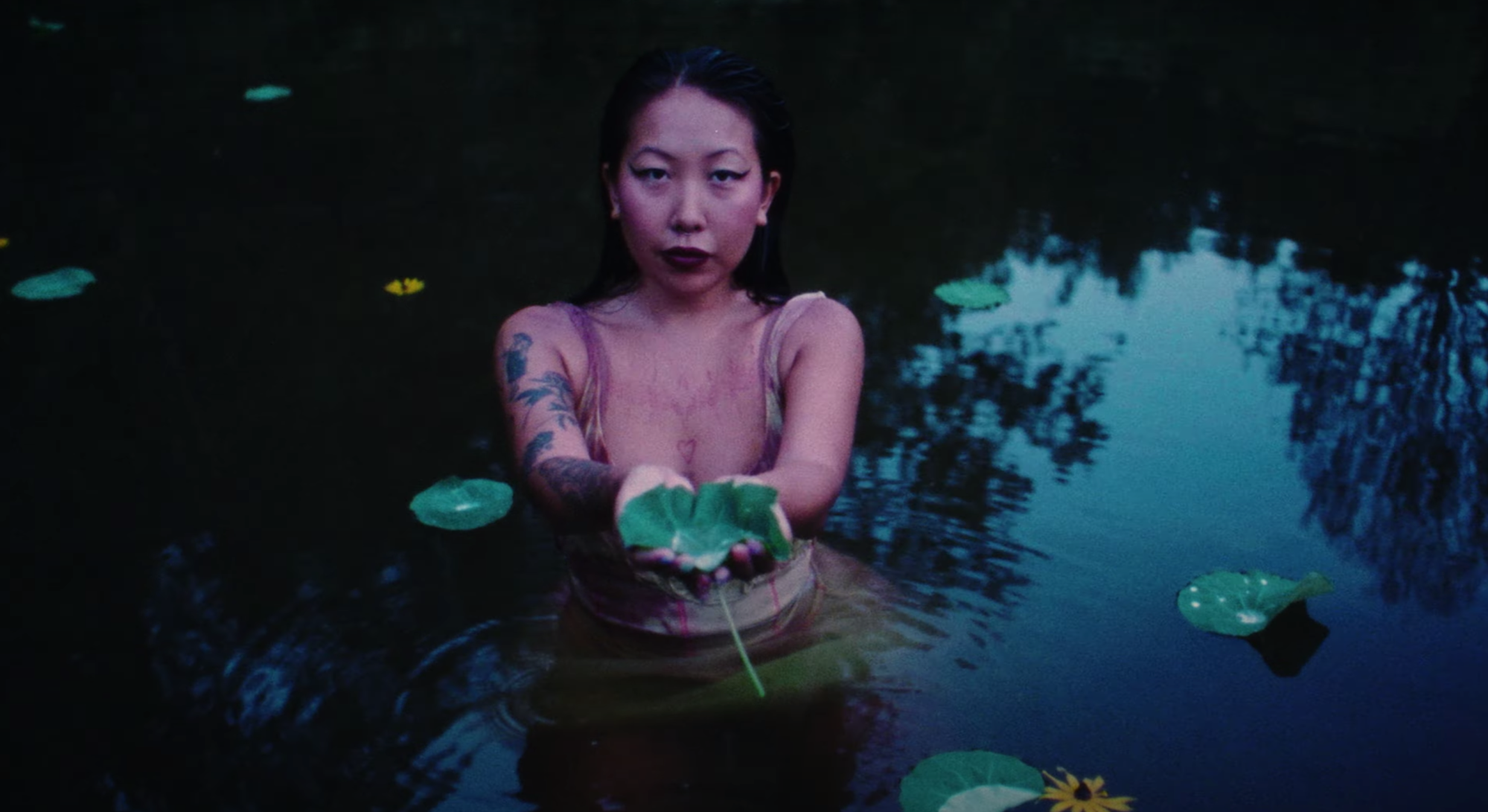“I am terrified of love,” writes Mimi Zhu in the opening of their newly released book, Be Not Afraid of Love. The next 229 pages are an achingly honest exploration of that fear, a lifelong grappling — including their challenges navigating abuse and depression — that ultimately broke them to the point of surrender. Reaching gently into that depth as a point of departure, they share intimate stories and lessons interrogating the fullest range of human emotions, moving from “Numbness”, “Anger” and “Shame”, to the balms we smooth over wounds in the process of healing — like “Presence” and “Community”.
Many know Mimi through their Instagram page and newsletter Write To Heal, but this latest offering might be their most expansive yet. Throughout the book, they build on a mission to expose and hold more closely our most difficult and tender emotional experiences, both in relationships with others and with ourselves.
On the heels of a launch event in upstate New York — co-curated in partnership with creative collective Aerthship and Depop — we spoke to the author about the struggle to believe one’s story is worth telling, and finding spiritual clarity through the act of writing.
Your book is out in the world. How does that feel?
I was really, really scared in the months leading up to it. When the book was done as a manuscript, a big project from my heart, I was just like… now I can’t change anything. That scared me, because it felt concrete. It felt unchangeable, immutable. Everything I’ve said now, whether I agree with it a few months later or not, is set in stone. It felt really finite and scary in that way.
But a few weeks before release, I realised I need to practice what I write about: surrendering and letting go and allowing the miracle of life to occur and to trust yourself. I was just like, I’m actually not scared. I’m ready. Let’s go. Let’s do this. I took time to myself to be like, “I will love you regardless of what happens.” I know that I tried my best and that was the heart of it. Now the book has taken on a life of its own and formed relationships with different people. It’s helping people and that feels like a hug. It’s being received with such warmth and openness and love. It feels good and it feels transformative.

How did you make the decision to write this book?
If I’m being so honest, I never thought I could write it. I sat by the Hudson River once and wrote out this draft of a lot of the pain that I’ve experienced. I was like, how am I supposed to write like pages and pages of this? A thick book of my thoughts, of my experiences, just seemed unfathomable to me. I’m realising that actually comes from a more insidious thought process, of me not believing I have anything to say that’s important at all.
Honestly, it’s because my agent believed in me. It’s because people brought to my attention that they want more of my writing. I’ve experienced a lot of pain, heartbreak, joy, love. I think a lot of queer people of colour, we say stuff like, “Oh life is like a movie. It sounds like a TV show. It’s a plot, it’s a book.” Why can’t we have these things? Why can’t we write these books and these shows and these stories, because we do live so transformatively. I finally believed that after a while and it felt really good.

Putting your experiences on paper must have been so difficult. As you were writing, were there any moments of deep clarity, where you felt that everything you wanted to express was just clicking?
Interestingly, I was going on walks before writing every day and things would just start becoming really clear. I never thought that I’d be able to experience such clarity as an artist. It just felt that everything was aligned. What I was writing about was honest, was true, was something that I cared about. I was pouring myself into these pages. It just felt like spirit was speaking through me. And you know, in the book I talk about spirit all the time. Spirituality specifically. That barrier within ourselves that tells us what we say isn’t important or how we say it isn’t skilful… that really dissolved.
When I went back home to Australia and was in the final stages of completing the book, I remember printing it out. Regular printer paper, super DIY. I was sitting in a park and reading it and honestly being like, “Yeah, I agree. Yeah, that’s true.” It almost felt like a practice of — we talk about inner child stuff, right? About hugging our past selves. It felt like I was doing that. It felt really affirming.

You write about love in this really prismatic way across all different kinds of relationships. What do you want people to know and understand about those possibilities? Why is it important to consider the heteronormative trappings of our relationship to romance, or to love, or relationships?
Prismatic is such a beautiful word because in ways it does feel like a kaleidoscope, right? Where all these different lights are shifting and changing colours and forming shapes. I think that’s what relationships are. I’ve used the analogy of a crystal ball. We’re all just dancing and fragmenting and creating light together in different iterations.
Credits
Images courtesy of Grace Zhang, Mimi Zhu and Aerthship



